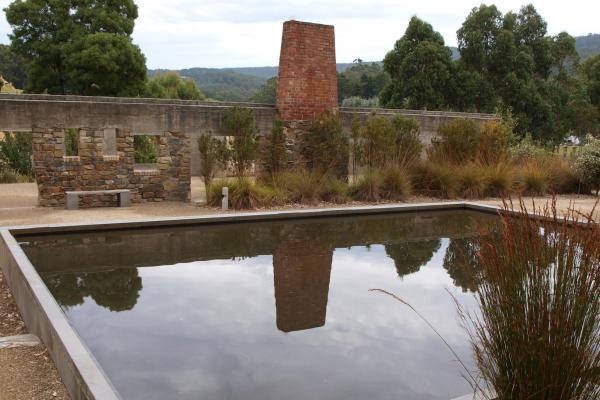Dec 15, 2015
“Death has taken its toll. / Some pain knows no release / but the knowledge / of brave compassion / shines like a pool of peace.”
These words are engraved on the memorial pond at the Port Arthur mass shooting site in Australia. Nearby, a wooden cross is inscribed with the names of the 35 men, women, and children who died here. In contrast, a brochure at hand provides a simple explanation of what occurred in this place; it notably does not name the gunman. 1996: Australia’s last mass gun death.
Read the Full Article

Already a subscriber? Login
